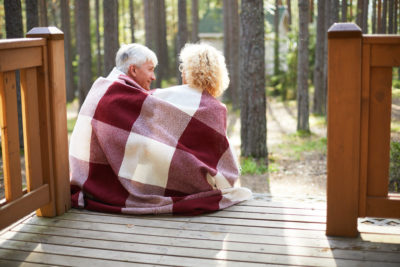As temperatures stay low in the DC Metropolitan area, it’s important to consider ways to keep ourselves and the older adults in our lives safe and warm. Here are some ideas and tips to consider to maintain winter safety for older adults:

We hope everyone is staying safe and warm in these freezing conditions. To learn more about health information and safety for older adults, you can:
|
Meghna Taneja, 2021
Montgomery Hospice and Prince George’s Hospice

